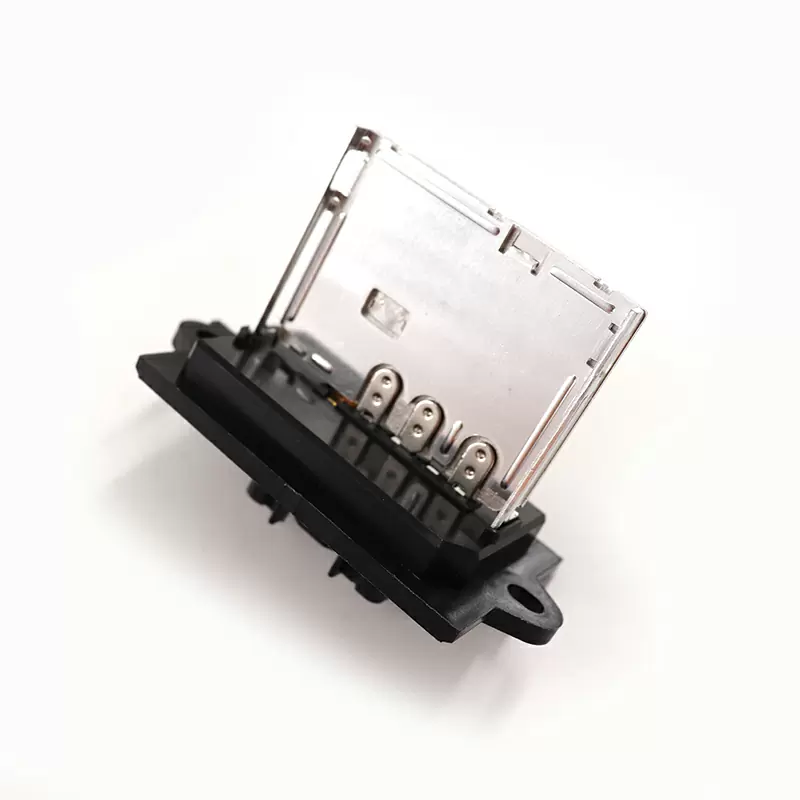Resistors are electronic components that regulate or control the flow of electric current in a circuit by providing resistance. They act as obstacles to the flow of electrons, reducing the current or voltage. This helps to prevent damage to other components and adjust signal levels in various applications.

The primary function of resistors is to provide resistance to the flow of electric current. They are designed to have a specific resistance value, which is measured in ohms (Ω). When a resistor is connected in a circuit, it creates a voltage drop across it proportional to the current passing through it, according to Ohm’s Law (V = I * R).
Here are some common uses and functions of resistors in electronic circuits:
Current Limiting: Resistors are often used to limit the amount of current flowing through a component or a part of a circuit. By selecting an appropriate resistance value, the flow of current can be controlled to prevent damage to sensitive components.
Voltage Division: Resistors are used in voltage divider circuits to create specific voltage levels. By connecting resistors in series or parallel configurations, the voltage across a specific point in the circuit can be adjusted.
Biasing: Resistors are used in biasing circuits to establish the operating point of transistors or other active components. They help stabilize and control the operating conditions of these components.
Termination: Resistors are used for terminating transmission lines to prevent signal reflection and ensure proper impedance matching in high-frequency circuits.
Timing and RC Circuits: Resistors, in combination with capacitors, are used to create timing circuits, such as oscillators and time delay circuits.
Temperature Sensing: Some resistors, called thermistors, exhibit a change in resistance with temperature. They are used in temperature sensing and control applications.
These are just a few examples of how resistors are used in electronic circuits. The specific application and function of a resistor depend on the circuit design and the desired electrical characteristics of the circuit.


